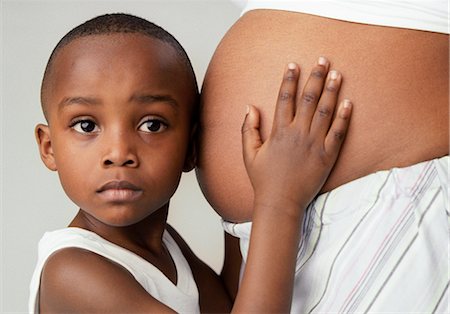- December 20, 2016
- Posted by: emobile
- Category: Researcher's Corner

Emobileclinic Researchers Corner
A combine team of researchers are on a study to make prediction prior to treatment whether an aggressive type of breast cancer will respond to chemotherapy or not.
In a research finding presented at the 2016 San Antonio Breast Cancer Symposium, the team announced the development of a model that can predict which triple negative breast cancer patients will respond to chemotherapy. According to Katherine Hoadley, the invented model was moderately successful at predicting response, however; additional work is needed to enhance its accuracy. She said “our goal was to identify a gene expression signature pattern in cancer cells that might be able to help us predict who’s going to respond to chemotherapy prior to actually giving the treatment”.
Triple negative breast cancer is an aggressive breast cancer type that has no definite treatments. Patients with this medical condition do have increased response rates to chemotherapy compared with some other subtypes. While targeted treatments are made to fight specific molecular features that help drive cancer, chemotherapy more widely fights all rapidly dividing cells. Hoadley said predicting which triple negative breast cancer patients will respond to chemotherapy will be helpful to physicians in adopting the best treatment option.
To invent the prediction model, the team evaluated the expression of genes from breast cancer samples drawn from 389 patients prior to treatment and also relied upon data on how those patients responded to treatment. They divided the sample data into training and test sets. Gene expression signatures were analyzed in the training set to pin point the signatures that best associated with a complete response to treatment. They then used the signatures they found to know the ability to predict response in the remaining samples. They also discovered the model could predict which samples had a complete pathologic response for 68 percent of patients who actually did achieve pathologic complete response to the treatment. And for patients who did have residual disease after chemotherapy, the test successfully indicated they did not have pathologic complete response for 64 percent of those cases.
The team concludes that “if we can validate our model in future data sets, our work could help us identify patients who are likely to respond to existing, or even less, chemotherapy and those who could benefit from more chemotherapy or novel approaches”. The research is supported the National Cancer Institute and the breast Cancer Research Foundation.

